Our Reach
Thailand
Our project works along the entire value chain, from farm to fork. This starts with switching agricultural production from intensive monoculture production that heavily uses chemicals, to organic production that promotes forestation. Local markets are set up for this organic produce and a large Thai retailer is also involved, bringing the organic products to the cities.
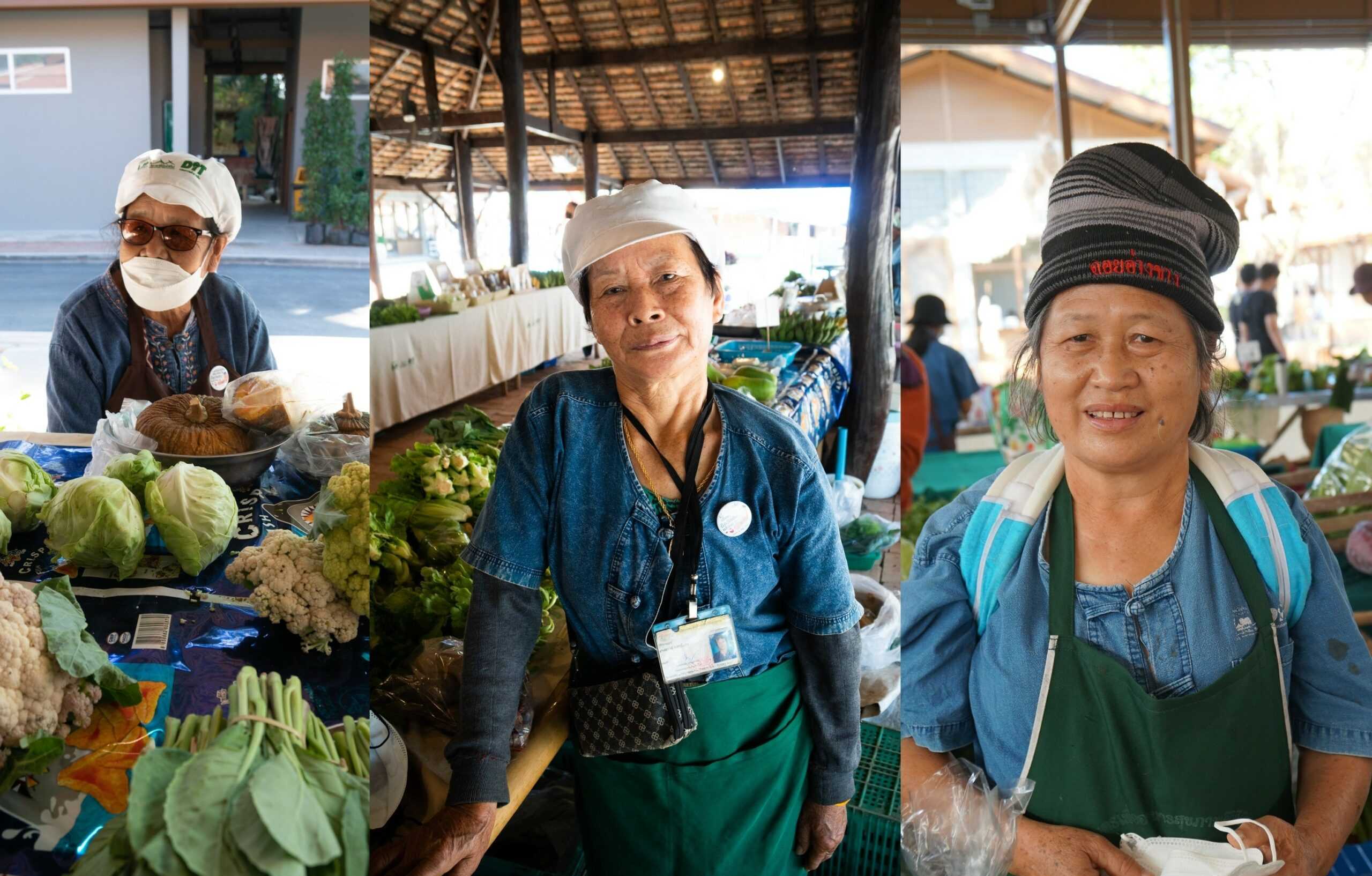
© WWF Thailand
Cambodia
By encouraging and supporting the adoption of sustainable practices at both the consumer and production levels, we hope to improve the overall environmental performance of agricultural goods in the country. We aim to promote the production of more sustainably sourced agri-food products by collaborating with a variety of stakeholders along the value chain. Our work started in mid 2022.
x
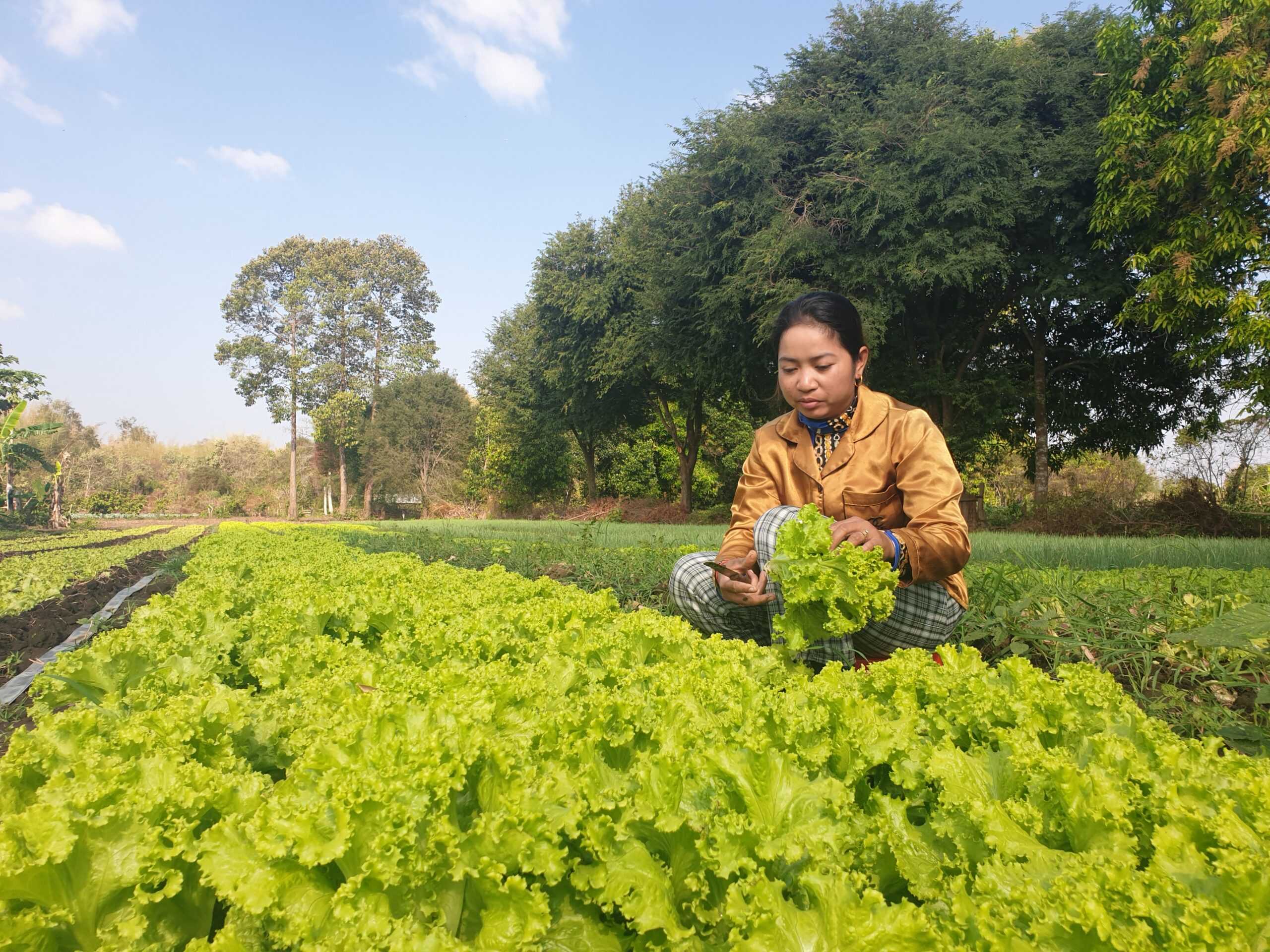
© WWF Cambodia
Paraguay
We work with organic farming associations and individual farmers to encourage more organic agricultural production, as well as setting up marketing channels for these products to reach local markets and supermarkets in the cities. In supermarkets, “sustainable shelves” will be set up and information shared with consumers to empower them to make more informed choices.
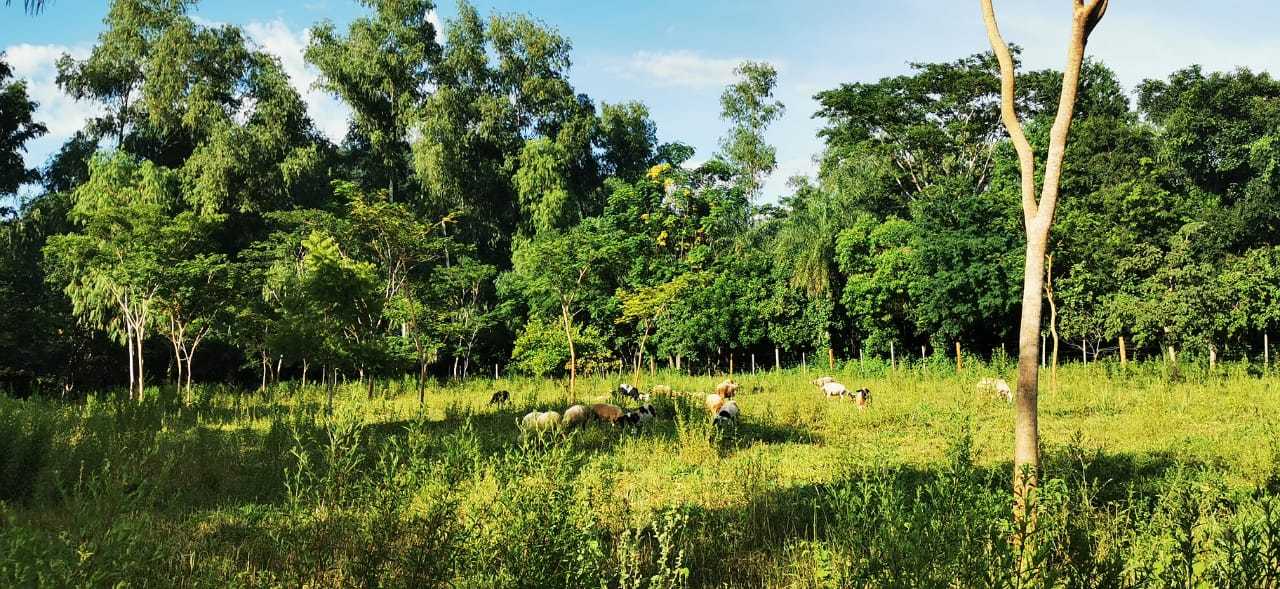
© WWF Paraguay
Colombia
We work with selected associations of beef and dairy producers and help them to live up to their commitments to deforestation-free supply chains. An App has been developed to visualise these supply chains to producers and show where non-conversion efforts need to be directed to. Simultaneously, in cooperation with retailers, hotspots of fresh produce food waste are analysed and remedied.
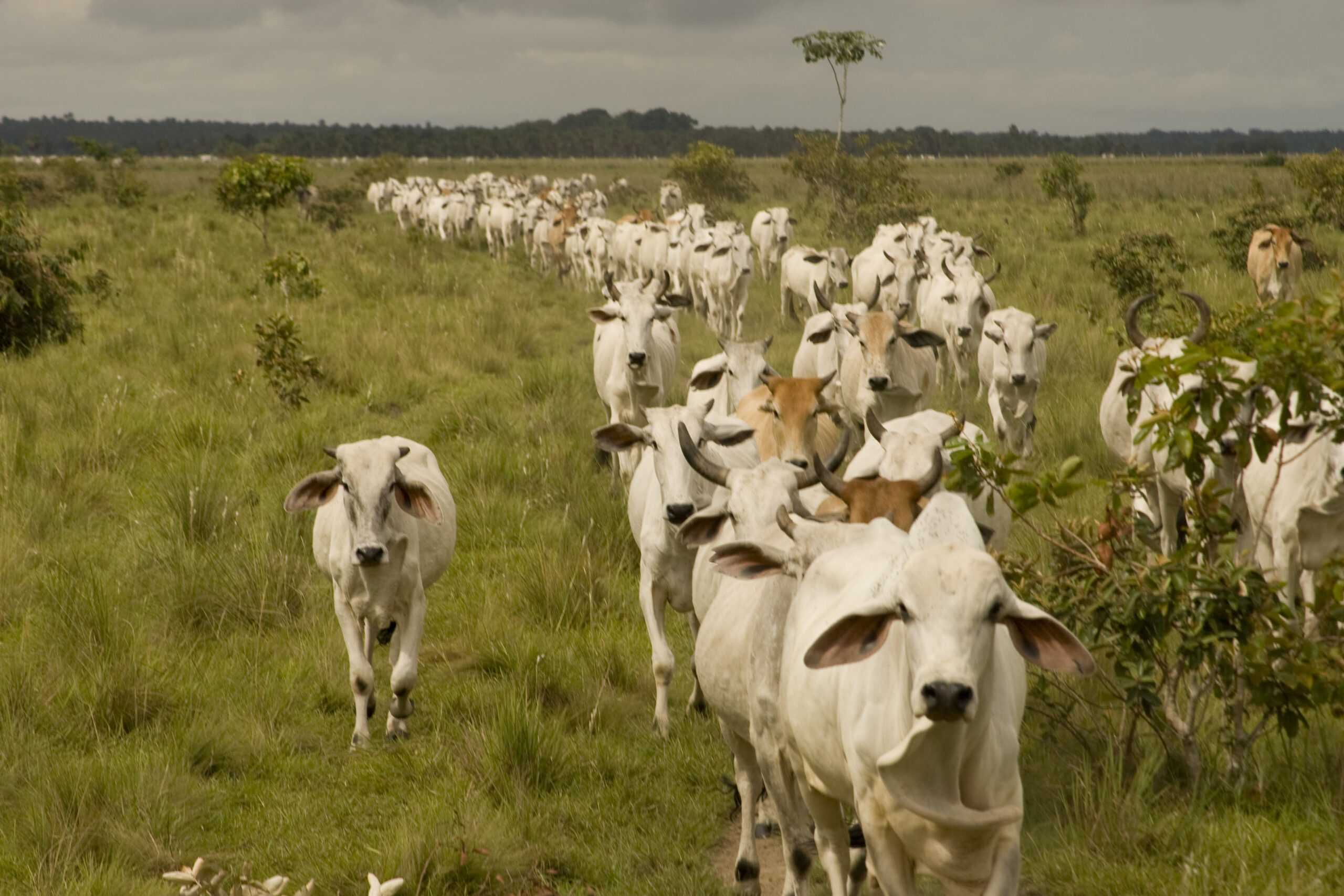
© WWF Colombia
Indonesia
Our project aims to shift the Indonesian domestic market for palm oil towards sustainability, thus reducing GHG emissions. We encourage retailers and other businesses to switch from sourced palm oils to certified sustainable products. So far, we’ve partnered with a business platform and developed sustainable sourcing guidelines which are being implemented by pioneering companies. Our project component in Indonesia ended in 2022.
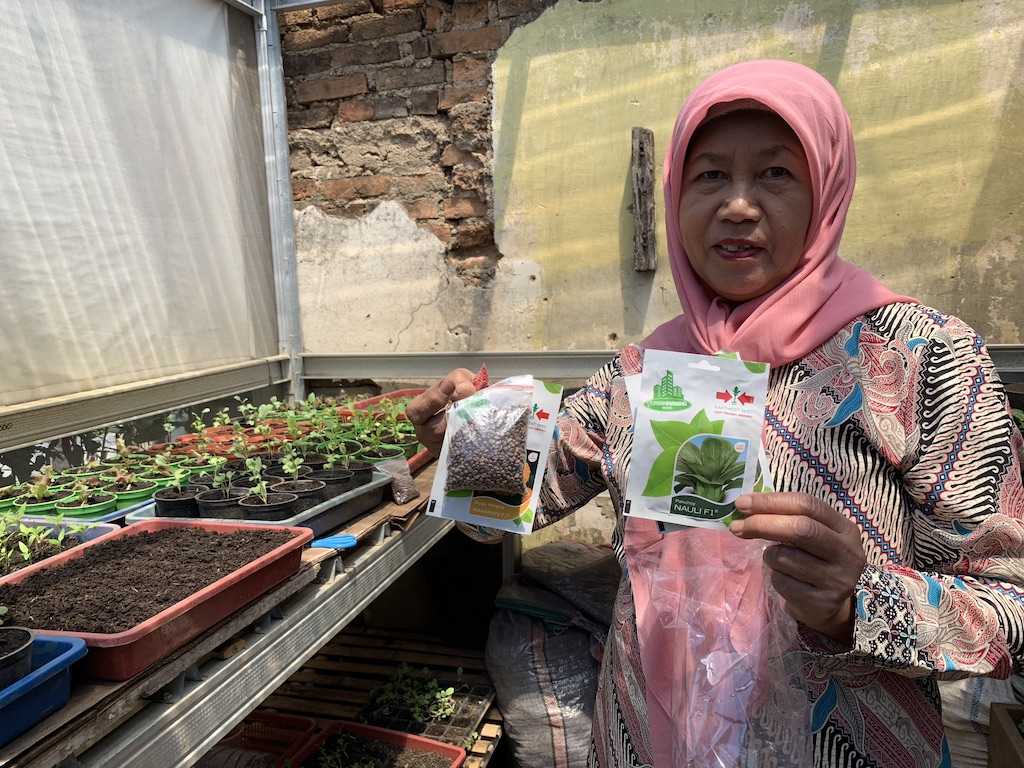
© WWF Indonesia
Philippines
The tourism sector is key to the Philippines’ path to sustainability, thus our project focuses on the food service sector and the dining public. The team has worked closely with selected restaurants and hotels to help move them to more sustainable practices, e.g. by avoiding food waste. Education materials for different levels of schooling and campaign with the dining public complete efforts of “The Sustainable Diner”. Our work in the country ended in 2022.
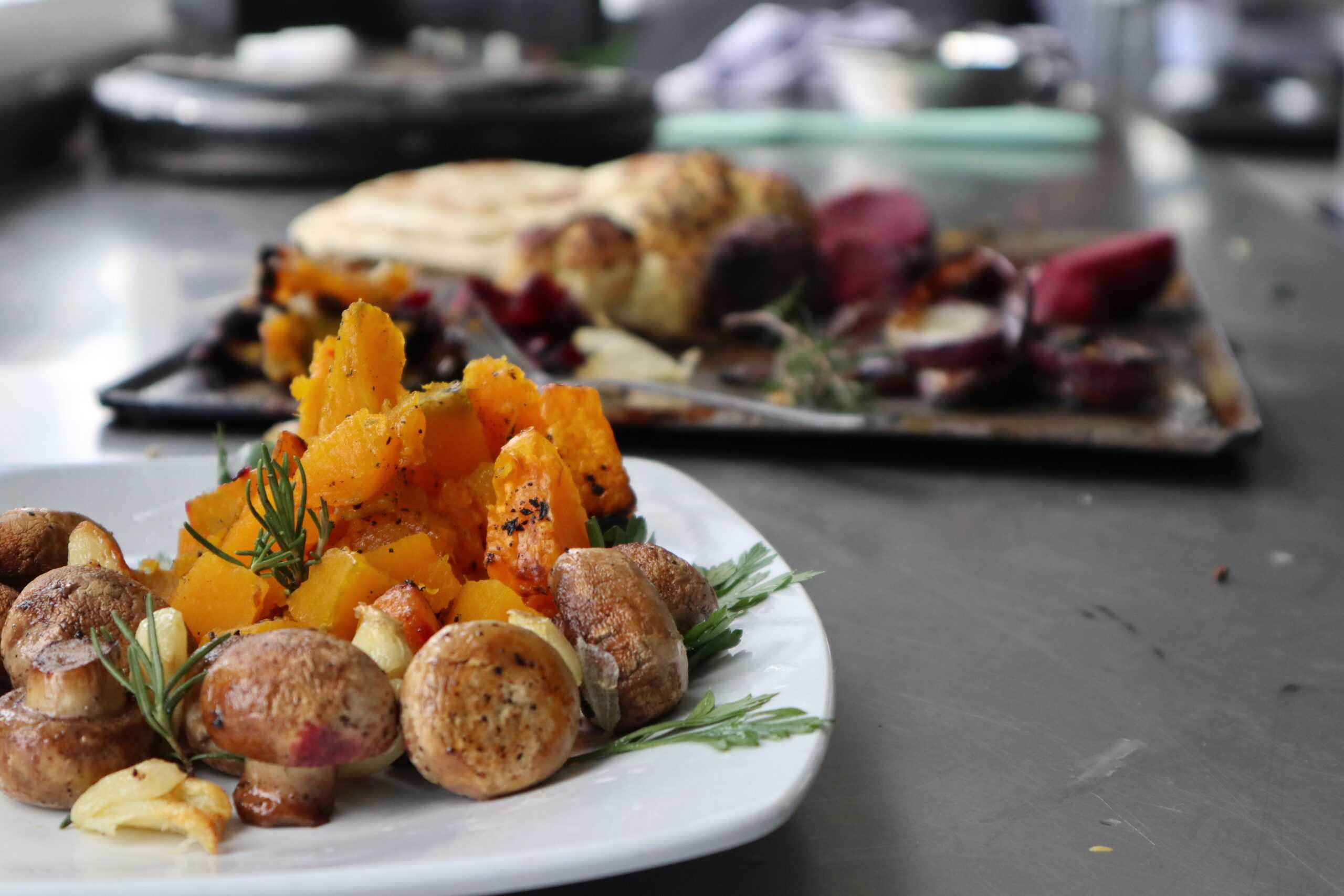
© WWF Philippines
